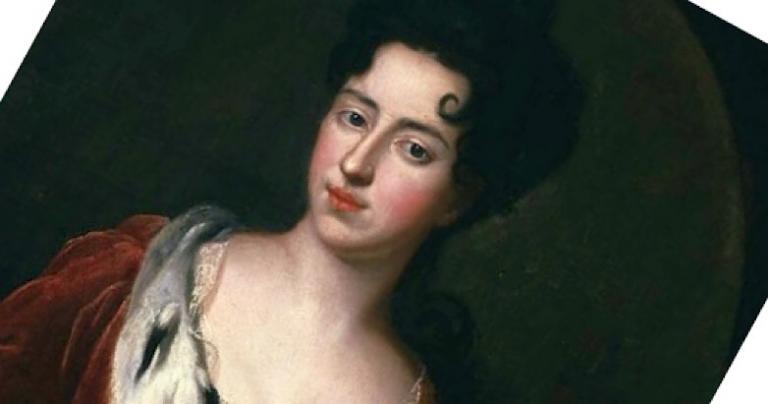 If I can still blush in a discussion, I might still be capable of learning, though one need not blush to learn! Learning is not easy and comes with mistakes and a blush is a healthy sign that we have recognized our errors. If understood, a blush can be a first step to better ideas, at least it has been so for me.
If I can still blush in a discussion, I might still be capable of learning, though one need not blush to learn! Learning is not easy and comes with mistakes and a blush is a healthy sign that we have recognized our errors. If understood, a blush can be a first step to better ideas, at least it has been so for me.
My learning disability, I find it difficult to articulate vowel sounds properly, has created more than a few blushes. People rightly expect someone with my education to pronounce words correctly, but I cannot always do so. Perhaps it is better not to dwell on how often my inability to say “pen” and “pin” as different words has led to getting the wrong object! Safe to say, you cannot take notes with a safety pin.
A blush comes from shame or embarrassment and I should not be ashamed of something that I cannot help such as a disability. I should explain and carry on: one does what one can. Blushes here are misplaced, but there are good reasons for red cheeks.
My sins? Those leave me with shame: Lord Jesus Christ, son of God, have mercy on me a sinner. Those blushes, the ones from memory of my faults, my grievous faults, are healthy. The blush increases my resolve to allow God to change me, to cooperate with His Spirit, and do better today. My blush is an outer sign of an inner reality: I am sorry for what I did and I will not do it again.
We need never blush for a purely intellectual mistake. Thank God an intellectual mistake is not a sin! There is no reason to think that as Jesus grew in knowledge in his human nature he made perfect measurements in His earthly father’s carpenter shop. A mistake is not a sin.
Our intellectual errors, nothing bad there, and our sins, much bad here, can become united. Sometimes our intellectual errors get tied up with our career, self-identity, or emotions. We think we know this or that, teach this or that and have built our lives on error.
We blush when we discover we are wrong, because we are not holding on to our views by faith. Faith is rational belief without certainty , but sometimes we refuse to live by faith and pretend we are sure. We stop loving wisdom and start loving our opinions. When we discover our opinions, falsely held as certain are very uncertain or even wrong, a good person will blush. The shame is not in the error, but our refusal to live by faith and wonder.
The moment we blush, however, is hopeful. We might have been too strong in our opinions, but now we see. We have a chance to moderate, to back down, to do better. We can turn from false certainty.
Plato writes about such a moment in the first book of Republic. Socrates meets a teacher for hire, a famous sophist, who persuades people that the ruler should serve only his own interests. The ruler should be smart about his self-serving, do not cause a revolution that costs you power, but still: injustice from the powerful is not only acceptable, but good. This teacher, Thrasymachus, believes the good ruler is the unjust ruler and he has grown wealthy from tuition charged to teach this lie.
Fortunately for his soul, Thrasymachus is not willing to simply assert his opinions and run, partly because he wishes to defeat Socrates in an argument and hopefully because he has some desire for truth. He gets trapped in the discussion and cannot defend his point of view and at that moment we are given the greatest reason yet to hope that the soul of Thrasymachus, teacher to tyrants, can still be turned to wisdom:
Thrasymachus did not make these concessions as readily as I have recorded them. On the contrary, his discourse was marked by great reluctance and frequent backsliding. Indeed, as it was a summer day, he was also sweating prodigiously. I then beheld what I had never yet seen: Thrasymachus blushing. In any case, our agreement that justice is virtue and wisdom, and injustice vice and ignorance, permitted me to proceed to another point.
This is funny, awkward, and hopeful when this happens in a session. I have had it happen to me. My idea is wrong, once it was an idea that formed an entire rough draft chapter of my dissertation, and Deborah Modrak showed I was wrong. I did not want to look wrong in front of my advisor, a scholar I deeply admired, yet there it was. Chapter 2 had to be rewritten, old ideas abandoned, and I was wrong. Plato has the experience just right: my change came with great reluctance and frequent backsliding.
Why?
I had made the mistake of associating my ideas with the truth.
No.
I had to love the truth and not my ideas. I blushed, but that was the dawn of wisdom.
———————————————-
*I begin an informal summer reading of Republic using Scott/Sterling (a new translation for me). Part 1. Part 2. Part 3. Part 4. Part 5. Part 6. Part 7. Part 8. Part 9. Part 10. Part 11. Part 12. Part 13. Part 14. Part 15. Part 16. Part 17. Part 18. Part 19. Part 20. Part 21. Part 22. Part 23. Part 24. Part 25. Part 26. Part 27. Part 28. Part 29. Part 30. Part 31. Part 32. Part 33. Part 34. Part 35. Part 36. Part 37. Part 38. Part 39. Part 40. Part 41. Part 42. Part 43. Part 44. Part 45. Part 45.5. Part 46.












